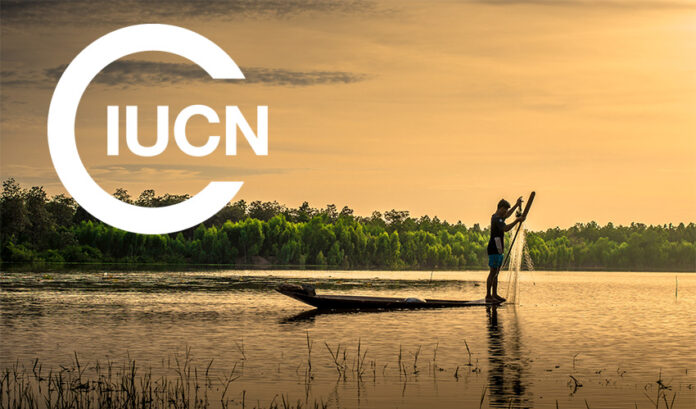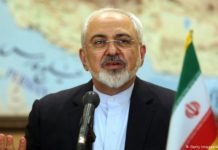Web Desk
The pandemic has significantly impacted nature conservation around the globe, including job losses among protected area rangers, reduced anti-poaching patrols and environmental protection rollbacks, according to a collection of new research papers published today by IUCN in a special issue of PARKS, the journal of the IUCN World Commission on Protected Areas.
“While the global health crisis remains the priority, this new research reveals just how severe a toll the COVID-19 pandemic has taken on conservation efforts and on communities dedicated to protecting nature. Let us not forget that only by investing in healthy nature can we provide a solid basis for our recovery from the pandemic, and avoid future public health crises,” said IUCN Director General Dr Bruno Oberle.
Conservation efforts in Africa and Asia were most severely affected, according to a synthesis of surveys on the impacts of the pandemic on protected area operations included in the collection. More than half of protected areas in Africa reported that they were forced to halt or reduce field patrols and anti-poaching operations as well as conservation education and outreach. A quarter of protected areas in Asia also reported that conservation activities had been reduced. In Latin and North America, Europe and Oceania most protected areas were able to maintain core operations despite closures and losses of tourism revenue.
The pandemic also affected the livelihoods of protected area rangers and their communities. A survey of rangers in more than 60 countries found that more than one in four rangers had seen their salary reduced or delayed, while 20% reported that they had lost their jobs due to COVID-19-related budget cuts. Rangers from Central America and the Caribbean, South America, Africa and Asia were more strongly affected than their peers in Europe, North America and Oceania.
To shed light on the impacts of the COVID-19 pandemic on environmental policy, the special issue of PARKS analysed economic stimulus packages and other relevant government policies that were implemented or advanced between January and October 2020. It identified some positive examples of economic recovery packages explicitly benefiting Protected and Conserved Areas (PCAs) or scaling up environmental protections; for example, eight countries in the European Union have earmarked funding to expand or better protect PCAs, including for natural capital and the circular economy. Kenya, Japan, Pakistan and New Zealand have also included nature in their stimulus packages. While 17 countries have maintained or increased their support for PCAs, 22 countries have rolled back protections in at least 64 cases in favour of unsustainable development including road construction or oil and gas extraction in areas designated for conservation.
“Protected and conserved areas are an essential conservation strategy – they help ensure the long-term health of nature, people and livelihoods. It’s encouraging to see the conservation of nature take a priority in some COVID-19 recovery efforts,” said the lead author of the study on impacts of stimulus packages, Rachel Golden Kroner of Conservation International. “We cannot allow the current crisis to further jeopardize our natural environment. If we are to build a sustainable future, rollbacks of environmental protections must be avoided, and recovery measures need to be planned in a way that not only avoids negative impacts on biodiversity, but charts a more sustainable and equitable way forward.”
The special issue of PARKS, which was published today, provides the most comprehensive synthesis to date of research into the links between and impacts of COVID-19 on nature conservation. In addition to eleven peer-reviewed scientific papers, the issue also contains opinion articles by environmental leaders including IUCN Director General Dr Bruno Oberle; former President of Colombia and winner of the Nobel Peace Prize, Juan Manuel Santos; former President of Ireland and former UN High Commissioner for Human Rights, Mary Robinson; biochemist and winner of the Nobel Prize for medicine, Sir Richard Roberts; Executive Secretary of the United Nations Convention on Biological Diversity, Elizabeth Maruma Mrema; and the CEO and Chairperson of the Global Environment Facility, Carlos Manuel Rodríguez.
“Investing in nature conservation and restoration to prevent the future emergence of zoonotic pathogens such as coronaviruses costs a small fraction of the trillions of dollars governments have been forced to spend to combat COVID-19 and stimulate an economic recovery. To do so will also safeguard jobs, human health, incomes and essential natural resources for billions of people. We cannot say we are building back better unless we do so whilst also protecting the natural world,” said Carlos Manuel Rodriguez, CEO and Chairperson of the GEF.
The PARKS special issue is an initiative of the COVID-19 and Protected Areas Task Force of the IUCN World Commission on Protected Areas. For more information, please visit the task force website.















